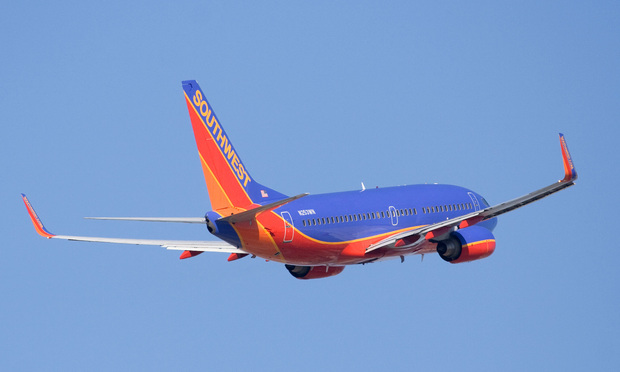Luke Hinrichs is a student at Harvard Law School.
In today’s news and commentary, flight attendants across the United States hold picket protests, Michigan’s right-to-work law is officially repealed, and the Colorado Attorney General sues to block the $24.6 billion proposed merger between the two largest supermarket chains in the state.
On Tuesday, February 13, 2024, as part of the Worldwide Flight Attendant Day of Action, unions representing over 100,000 flight attendants held picket line protests to demand fair contracts and an end to contract negotiation delays. The Day of Action protests occurred as more than two-thirds of flight attendants in the U.S.—across airlines including American, United, Southwest, Alaska, Air Wisconsin, Frontier, and Omni—are actively trying to negotiate new union contracts. On the same day as the protests, 99.48% of flight attendants at Alaska Airlines, represented by the Association of Flight Attendants-CWA (AFA-CWA), voted yes to strike if Alaska Airlines fails to agree to better contract terms. The Alaska Airlines flight attendants voted to authorize a strike for the first time in over three decades.
In 2023, Michigan lawmakers passed legislation to repeal the state’s “right-to-work” law, becoming the first state in 58 years to do so. The historic repeal officially took effect this week. When the “right-to-work” law was enacted in 2012, Michigan had the seventh-highest percentage of unionized workers in the U.S. By 2022, the state dropped to 11th. Pro-labor groups are celebrating the law’s official repeal as a victory “decades in the making.”
After a yearlong investigation, the Colorado Attorney General filed suit to block the proposed merger of Kroger and Albertsons, the state’s largest grocery retail chains, alleging the merger would eliminate competition, and harm consumers, workers, and food suppliers. The complaint centers the potential impact of the merger on workers and the labor market, alleging that the two grocery store firms “have already colluded to suppress the wages and benefits of their workers.” The complaint not only seeks to block the merger, but it also takes aim at the companies’ use of no-poach and non-solicitation agreements, claiming the restrictive agreements are per se unlawful. In filing the lawsuit, Colorado joins Washington in deploying state antitrust law to block the merger, a developing legal trend in which state-level enforcement agencies rely on state rather than federal law.






Daily News & Commentary
Start your day with our roundup of the latest labor developments. See all
February 19
Union membership increases slightly; Washington farmworker bill fails to make it out of committee; and unions in Argentina are on strike protesting President Milei’s labor reform bill.
February 18
A ruling against forced labor in CO prisons; business coalition lacks standing to challenge captive audience ban; labor unions to participate in rent strike in MN
February 17
San Francisco teachers’ strike ends; EEOC releases new guidance on telework; NFL must litigate discrimination and retaliation claims.
February 16
BLS releases jobs data; ILO hosts conference on child labor.
February 15
The Office of Personnel Management directs federal agencies to terminate their collective bargaining agreements, and Indian farmworkers engage in a one-day strike to protest a trade deal with the United States.
February 13
Sex workers in Nevada fight to become the nation’s first to unionize; industry groups push NLRB to establish a more business-friendly test for independent contractor status; and UFCW launches an anti-AI price setting in grocery store campaign.